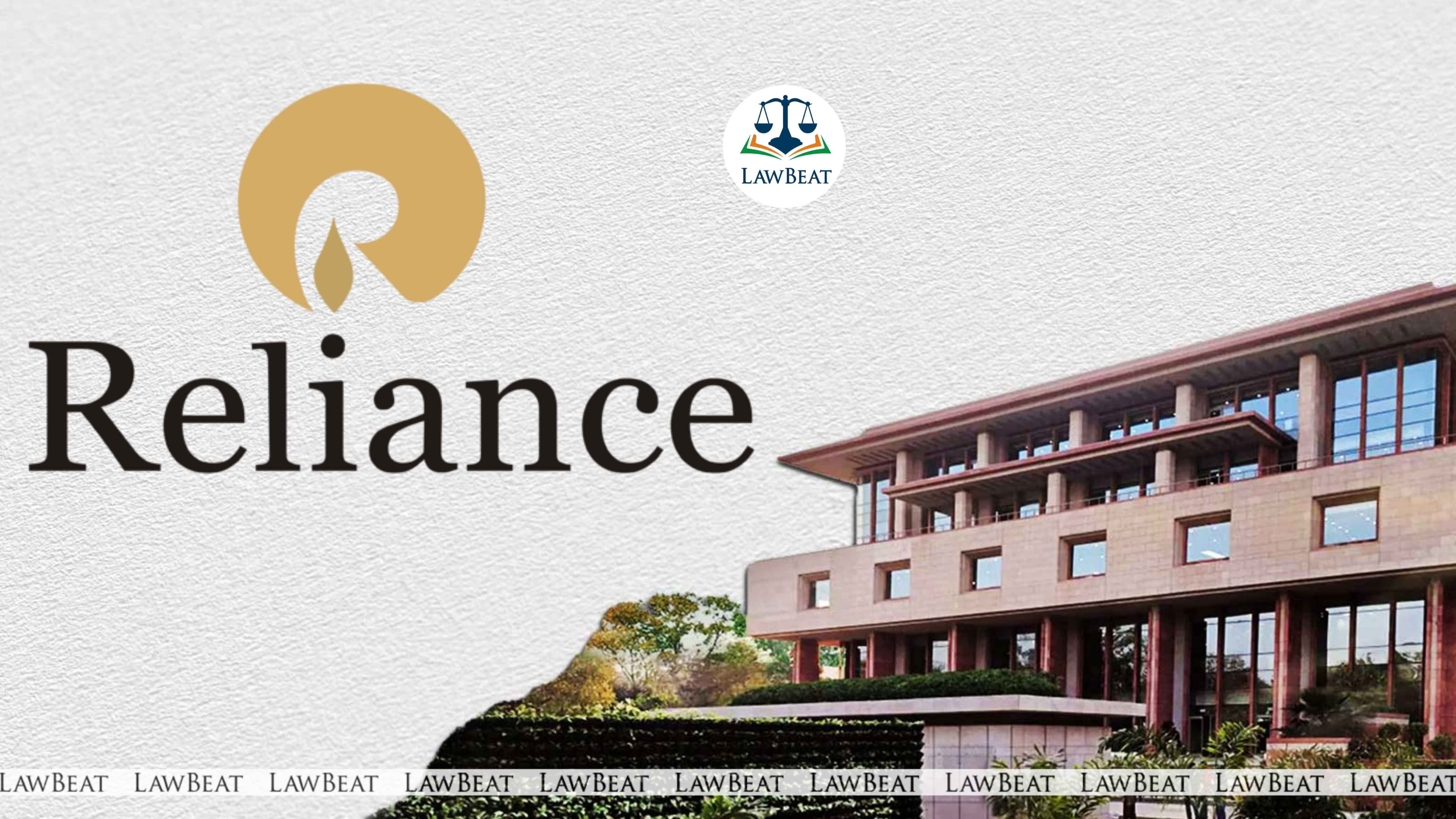Delhi HC Favours Union In Dispute With Reliance Over Exploration and Extraction Rights Of Krishna Godavari Basin

The dispute arose in 2013 when ONGC alleged that RIL had unlawfully extracted natural gas from its blocks situated adjacent to RIL’s KG-D6 block. ONGC contended that RIL had drilled wells close to the boundary of its hydrocarbon fields, causing gas migration between 2009 and 2013. This, according to ONGC, resulted in RIL’s unjust enrichment at the expense of the state-run entity.
The Delhi High Court ruled in favor of the Union government in a long-standing gas dispute involving Reliance Industries Limited (RIL) and Oil and Natural Gas Corporation (ONGC). The case stemmed from a production-sharing contract (PSC) signed in 2000 between an RIL-led consortium and the government, granting exploration and extraction rights in the Krishna Godavari (KG) basin, off the coast of Andhra Pradesh.
Following these allegations, the Ministry of Petroleum and Natural Gas demanded compensation from RIL and its partners—BP Plc and Niko Resources—amounting to $1.5 billion, along with an additional $174 million in interest. In response, RIL invoked the arbitration clause within the PSC and sought resolution through an international arbitration tribunal.
In July 2018, the tribunal ruled in favor of RIL, rejecting the government's claims. It held that the contract did not prohibit contractors from extracting and selling gas that had migrated from an external source. However, in May 2023, the government challenged the arbitration ruling, arguing that it violated public policy and allowed RIL to amass wealth through fraudulent means.
The bench of Justices Rekha Palli and Saurabh Banerjee reviewed the case and set aside both the tribunal’s award and a May 2023 single-bench ruling. The court stated that these rulings contradicted the settled legal position. The decision allowed the government to enforce its claim of approximately $1.7 billion against RIL and its foreign partners.
A crucial aspect of the case was the non-disclosure of critical reports by US-based consultant DeGolyer and MacNaughton (D&M) from 2003, 2004, and 2005. These reports contained data regarding gas migration, and the court held that their concealment was a fundamental flaw that undermined the arbitration award. Nilava Bandhopadhya, a senior partner between S&A Law offices, observed that an arbitral award could be set aside if it contravened public policy or ignored vital evidence. The court's ruling reflected this principle by emphasizing the importance of transparency in arbitration proceedings.
The government had previously appointed a committee in December 2015, led by former Delhi High Court Chief Justice A.P. Shah, to assess RIL’s enrichment from ONGC’s fields. The committee concluded that RIL should compensate the government for the extracted gas over seven years.
[Inputs: Financial Express]
